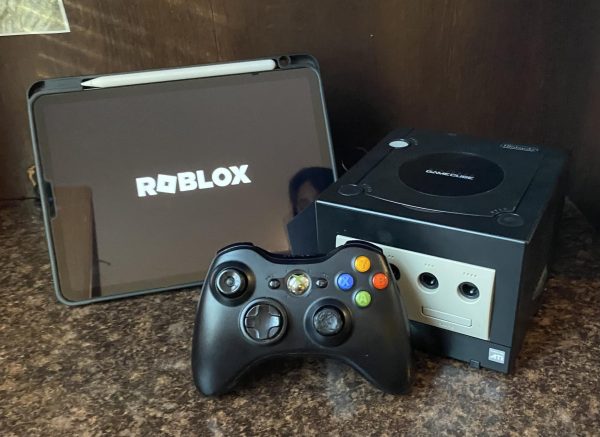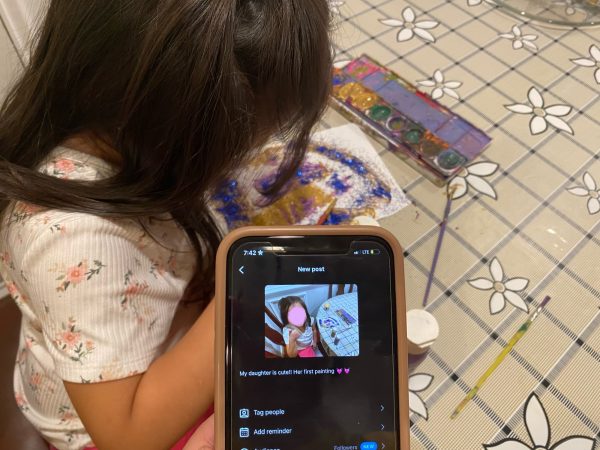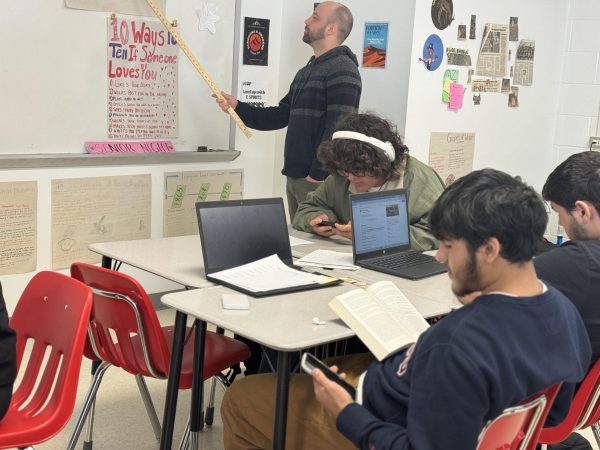Video games do more good than harm
“Get off of that screen; your brains will turn into mush!” We’ve heard it all before. This is a common phrase stated by our parents and teachers. Contrary to the traditional belief of gaming being merely an addictive source of entertainment or aversion, video games can bring about change.
Gaming can bring forth numerous benefits and positive life skills during adolescence that will prove to be useful in adulthood. Key among these aspects is the development and improvement of behavior, cognitive skills and physical ability.
According to the American Psychological Association, building strong leadership and teamwork skills are necessary for one’s future, whether it is in school or in the workforce. Surprisingly, playing multiplayer team-based games can assist in this aspect. Working with a group, or a team is required to gain points and win the game.
One must communicate and cooperate with others to find the most effective course of action to win the game. This is similar to sports teams, where all positions on a team must work together to help score. The team performance and teamwork behavior can directly assist in not only building communication skills but also help to improve one’s behavior into a better team player.
Online gaming can also enable many players to improve their social skills. Not everyone develop relationships and friendships among them. Gaming helps players meet new friends with similar interests and hobbies, as well as strengthen bonds with old friends.
According to the Merriam-Webster Dictionary, a habit is defined as a “regular tendency or practice that is hard to give up”.
Due to human habits, players tend to pick up essential skills through gaming. Players repeatedly perform under pressure. Due to the fast pace of games, players must make more rapid decisions.
The ability to retrieve information and react in a split second can be strengthened through gaming. Because new information is continuously being displayed on the screen, players are forced to adapt quickly. Not only this, but video games also have specific rules.
This means that the player must carefully maneuver to follow the rules within the particular game. These split-second decisions will determine whether or not he or she will advance to the next level. This skill of problem-solving can be applied in future situations.
The lives of teenagers today are continuously filled with stress and chaos. According to the American Psychological Association, video games can help one escape and relax. These games tend to make one lose track of time due to their addictive and engrossing nature.
This relaxation of the mind also requires full attention to the screen, not allowing the player to be focused on real-life problems. They can be seen as a beneficial way to cope.
“It helps me escape reality a little, especially from a long day of school and homework,” freshman Akira Negley said.
In addition to this, video games have the benefit of the restart or retry button. This is similar to real-life situations. If one falls, they will get back up. If one fails a test, they will retake it. If one misses the ball in the basketball hoop, they will shoot again. The incentive to respawn and try again in video games allows one to develop the mindset never to give up.
The repeated action of continually trying to win, despite losses, will bring one into the habit of always trying to be the best one can be. These animated games will help in building confidence and a strong work ethic.
While video games might be beneficial, there is a need to play them in moderation. It is also essential to pick the right game as not all provide the same benefits.

Senior Casey Nguyen is in her fourth year on The A-Blast as the Managing Editor. She was previously an In-Depth Editor. She is also the current treasurer...






